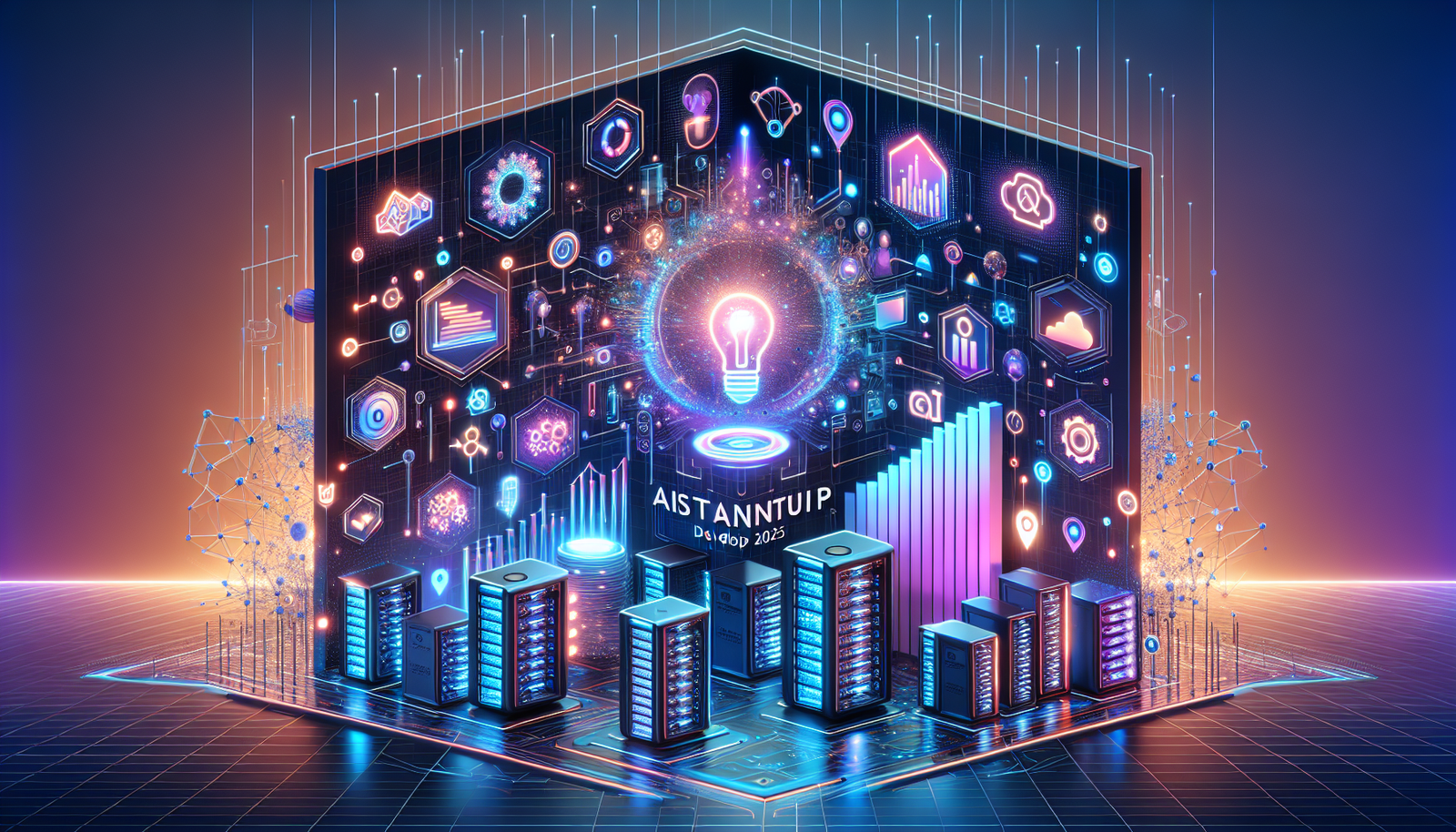Introduction: How Startup Accelerators Work
For many aspiring entrepreneurs, startup accelerators are seen as a launch pad to rapid growth. These structured programs promise not only funding and mentorship, but also access to investors, expert knowledge, and a dynamic startup peer network. In this article, we’ll break down how startup accelerators work—from the application process through to Demo Day—so you can decide if joining one is the right path for your venture.
What Is a Startup Accelerator?
Definition and purpose
A startup accelerator is a fixed-term, cohort-based program that provides early-stage companies with mentorship, education, networking opportunities, and often seed funding in exchange for equity. The goal: compress years of learning and growth into just a few months.
Programs typically last 3 to 6 months, during which startups refine their products, meet advisors, and establish strong investor-ready foundations. Some prominent examples include Y Combinator, Techstars, and Seedcamp.
Difference between accelerator and incubator
While both aim to support startups, accelerators are time-bound and cohort-based, focusing on rapid scaling. Incubators, by contrast, support businesses over a longer, often undefined timeframe and may operate more like a shared workspace or resource pool without a structured curriculum.
The Application Process
Eligibility and selection criteria
Accelerators usually target early-stage startups with a working MVP (minimum viable product), scalable potential, and a committed founding team. While the product stage matters, what often stands out is team chemistry and the ability to execute quickly.
Key components of an application
- Pitch Deck – A concise overview of your startup’s vision, traction, and strategy.
- Team Bios – Highlighting backgrounds and relevant experience.
- Product Description – What problem you solve and how your solution works.
- Market Opportunity – Size and scope of your target audience.
- Traction Metrics – Early revenue, users, or growth indicators.
Most top accelerators receive thousands of applications for a few dozen slots, making the application process highly competitive.
What happens after acceptance
Once accepted, teams are onboarded, introduced to their cohort, and given access to program schedules, mentors, and any initial funding.
Inside the Program: What to Expect
Mentorship and workshops
Startup accelerators offer focused mentorship from seasoned entrepreneurs, investors, and domain experts. These relationships often become long-term support networks. Workshops cover topics like fundraising, growth marketing, legal compliance, and user research.
Networking and community
A major benefit of accelerators is access to extensive networks. From industry leaders to fellow founders, the relationships built during and after the program prove invaluable for business development and fundraising.
Funding and equity terms
Most accelerators offer seed money—often in the $20,000 to $150,000 range—in return for a small equity stake (typically 5–10%). Some programs, such as MassChallenge, operate on an equity-free model, focusing solely on startup support.
Cohort dynamics
Being part of a cohort means startups move together through the program, learning from each other’s wins and failures. Peer feedback, collaboration, and shared motivation are key components of the accelerator experience.
Demo Day and Beyond
What exactly is Demo Day?
Demo Day is the program’s final event, where each startup pitches to a room full of investors, press, and community members. It’s the moment to showcase the business, gain media attention, and ideally secure funding or key partnerships.
Post-program support
Many accelerators offer alumni support including follow-on funding, access to updated content, office space, or continued mentoring. Networks like Y Combinator maintain tight-knit alumni groups for ongoing help and funding rounds.
Measuring program impact
Success is measured in post-program fundraising, growth metrics, media coverage, and sometimes acquisitions. According to the Brookings Institution, accelerator graduates grow revenue 1.7x faster and are 75% more likely to close follow-on investment rounds.
FAQs About Startup Accelerators
Are startup accelerators worth the equity stake?
In many cases, yes. The mentorship, funding, and network access can significantly increase your chances of success and fundraising.
How do I choose the right accelerator?
Consider factors like specialization (e.g., fintech, cleantech), location, mentor quality, equity terms, and alumni success stories.
Can I apply to multiple accelerators at once?
Yes, and many startups do. However, be transparent if you’re in active discussion with multiple programs.






